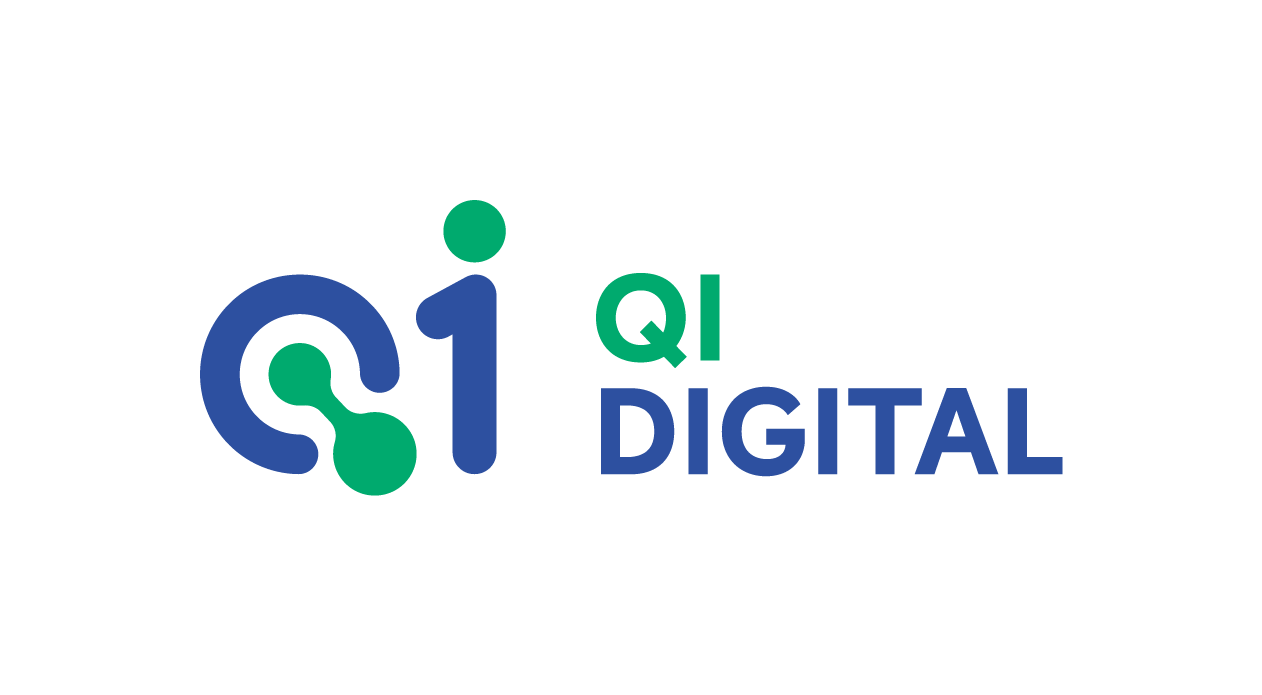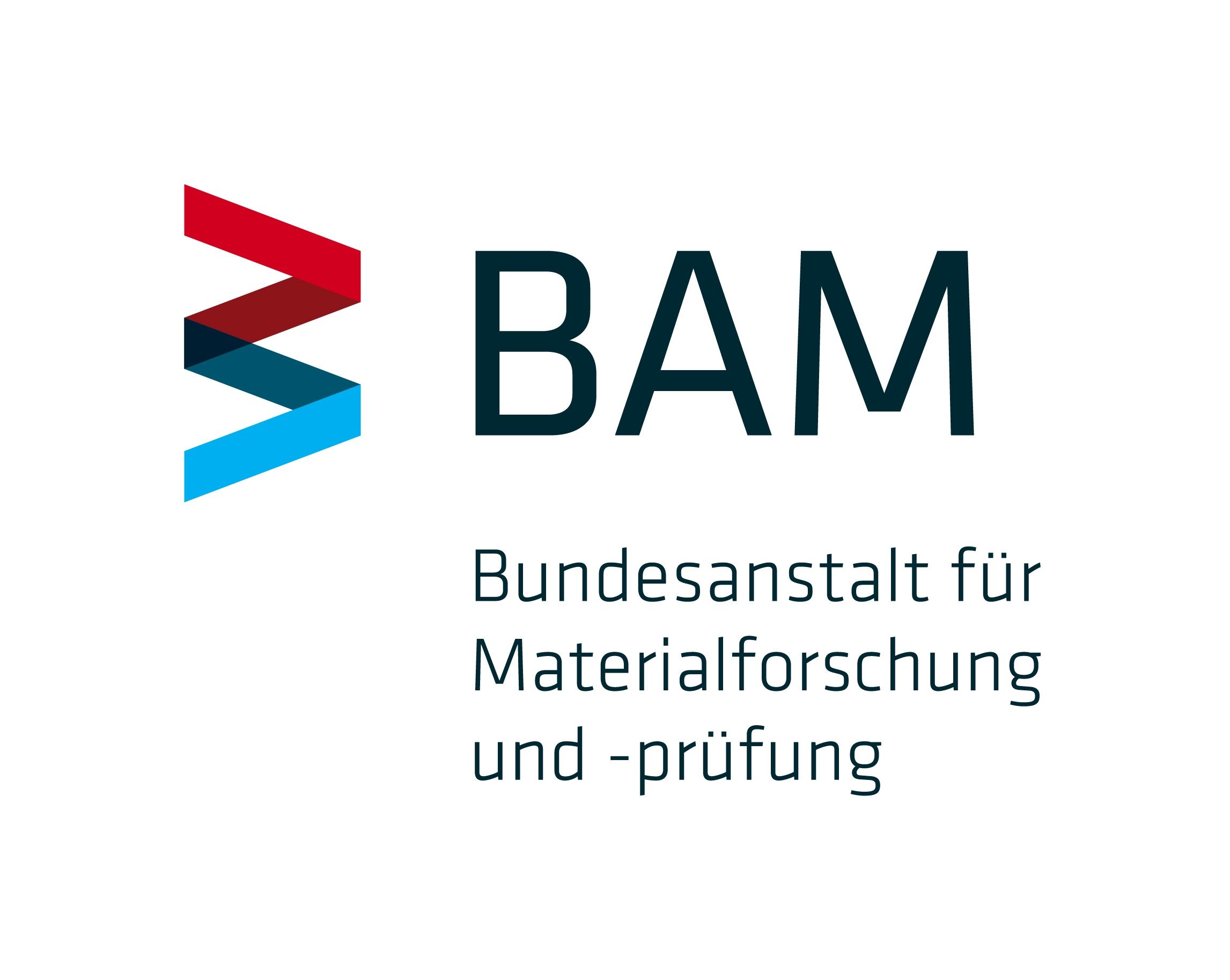💡 QI-DIGITAL WORKSHOP
Metrology in the Digital Transformation of the international Quality Infrastructure
At the morning of the first day of CIM2025, PTB, together with its Partners from the QI-Digital initiative, is organizing a workshop gathering experts, stakeholders and all other interested colleagues from academia, metrology institutes, and industry.
Seats are limited. By attending the workshop, you will be able to access the restaurant on Tuesday.
The workshop presents the results of the QI-Digital project that kicked-off in 2021, showcasing the development of digital certificates in metrology, their provisioning via data spaces and interoperability with the larger QI.
We will then look into the future of metrology in the digital transformation of the quality infrastructure. How can we steer the transition from a document-based to a data-based system? Which metrological services and digital QI tools are needed to safeguard the AI revolution? What role will digital QI services play for Smart Cities and the Circular Economy? These are the guiding questions we want to discuss and share with the attendees of the CIM.
project DESCRIPTION
The QI-Digital initiative develops smart tools for a data-based QI, enabling new types of quality assurance, easing bureaucracy and unlocking billions in savings.
Metrics and procedures for the quality assurance of AI:
We are developing solutions for effective quality assurance of artificial intelligence, focussing on appropriate metrics for assessing AI performance, in particular, robustness, explainability, and predictive reliability as well as reference datasets.
An online testing platform operationalizes these developments and will soon enable companies to test the quality and reliability of their AI services. All it will take is downloading test data, analysing it with their own AI-assisted software, and uploading the results for testing. The testing platform will be part of the established TraCIM system.
Digital Certificates:
Automatic data transfer from old documents, plausibility checks of entries and simply a little less paperwork: digitalisation makes working with certificates more efficient. This is because digital certificates are created quickly, are available throughout the entire life cycle of a product and simplify the exchange of data between all bodies involved.
D-CoC:
Only pay for the fuel you have filled up with and do so safely - even if the petrol pump may soon be filling up with hydrogen instead of petrol. This matter of course is based on several regulations that require conformity assessments, including the Measurement and Calibration Act and the European Explosion Protection Directive. In future, a joint "Digital Certificate of Conformity" (D-CoC) could be created and sent out that takes both regulations into account. To this end, PTB is developing a data structure for the certification information in accordance with DIN EN ISO/IEC 17065, as well as tools for creating, editing and viewing the certificate information. The digital data structure will ultimately be submitted as a draft standard.
DCC and eAttestation:
The work on the D-CoC is based on the experience gained with the digital calibration certificate (DCC), which has been developed by PTB and partners since 2017. Calibration certificates are primarily used in accordance with DIN EN ISO/IEC 17025 to document the measurement results of calibration laboratories. In the digital calibration certificate, the measurement data and other information are recorded in a standardised manner and made available in machine-readable form via the XML data exchange format. This means that the information can be read directly in digital systems and used automatically to optimise production processes, for example. The DCC is now available in a stable version.
After successful piloting in cooperation with different accredited laboratories, the digital accreditation symbol is being issued by DAkkS since March 2024. This digital tool enables the fully automated validation of the accreditation status on DCCs and other digital certificates as "eAttestations". On this basis, the automated quality assurance in production processes can be realised in the future, resulting in significant efficiency and security increases and cost reductions.
Quality-X:
The true potential of QI will only be realised when its elements and actors are seamlessly integrated into a coherent digital QI ecosystem. Recent developments towards international data spaces (IDS) enable such an ecosystem but require that adherence to QI principles is guaranteed. The Quality X concept, developed by BAM and PTB together with all QI-Digital partners, aims to lay the foundations to implement a QI ecosystem in international data spaces like GAIA-X and related German and European projects.
The Quality-X concept integrates decentralised identifiers, verifiable credentials and identity hubs to enable seamless interaction between the systems of different service providers. QI actors can securely issue, distribute, track and verify digital assets such as digital product passports and digital certificates. This creates a secure digital ecosystem.
The QI-Digital initiative develops guidelines for the integration of QI processes into existing software systems. Specific case studies serve as real-life scenarios for prototype implementations that demonstrate the application and benefits of Quality-X through integration into data space architectures.
Smart Standards:
Our aim is to establish a transparent and seamlessly integrated QI landscape. This includes cross-domain harmonization of terminology, linking digital certificates with norms and standards, and integration of the digital international system of units (D-SI) and formulas in SMART Standards. This integrated approach will enable end-to-end digital processes for a more efficient QI that can effectively enforce new sustainability goals and support the Digital Product Passport (DPP).
WORKSHOP PROGRAM
|
Tuesday 11th March 2025 |
|
|
8.30 – 9.00 |
CIM Welcome desk |
|
9.00 – 9.20 |
“QI-Digital” – idea, initiative and agenda of the workshop
|
|
9.20 – 9.35 |
M4AIM – Metrology for AI in Medicine
|
|
9.35 – 9.50 |
TraCIM-AI – Platform for AI testing
|
|
9.50 – 10.10 |
Digital Calibration Certificate and Digital Accreditation Symbol
|
|
10.10 – 10.30 |
QI Big Data Architectures and Data Spaces in Cities of the Future
|
|
10.30 – 11.00 |
Coffee Break on the Metrology Village |
|
11.00 – 11.15 |
Digital Certificate of Conformity (D-CoC)
|
|
11.15 – 11.30 |
Digital Product Passport
|
|
11:30 – 12:30 |
Panel Discussion “Current challenges in the transfer of QI-Digital results to practise” Moderator:
Speakers:
|
|
12.30 – 13.30 |
Lunch for workshop participants |






